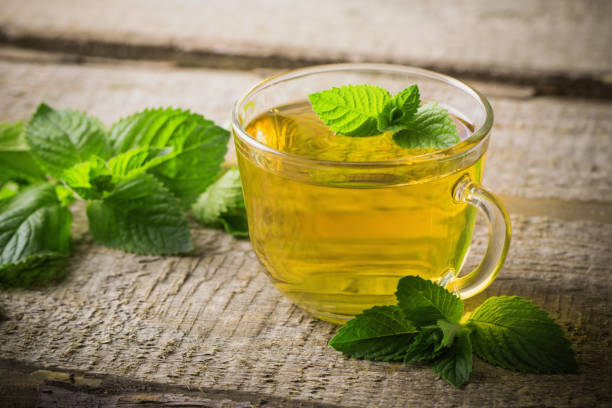
Does Drinking Green Tea Really Slow Down Aging?
Share
Green tea is often hailed as one of the healthiest beverages on the planet, and for good reason. It’s been consumed for centuries in various cultures, celebrated for its potential to improve everything from metabolism to brain health. But what about its ability to slow down aging? With age, our bodies naturally undergo a series of changes that contribute to wrinkles, weakened skin, and cognitive decline, but green tea may be able to help delay or even minimize some of these effects. So, does drinking green tea really slow down aging? Let’s take a closer look at the science behind this popular drink and its potential to help us stay youthful for longer.
One of the key factors that contribute to aging is oxidative stress. This occurs when our bodies are overwhelmed by free radicals — unstable molecules that can damage our cells and tissues. Free radicals are a natural byproduct of various processes in the body, such as metabolism, but they can also be caused by environmental factors like pollution and UV rays. The damage they cause accelerates the aging process, leading to everything from sagging skin to a higher risk of chronic diseases. Green tea, however, is rich in antioxidants — specifically, a group of compounds called catechins — that can help neutralize these free radicals.
The most well-known catechin in green tea is epigallocatechin gallate (EGCG), which has been shown to have strong antioxidant properties. EGCG works by protecting cells from damage and reducing inflammation, both of which play a significant role in the aging process. This compound has been studied for its potential to protect the skin from UV damage, which is a major cause of premature aging. By preventing oxidative damage from UV rays, green tea may help reduce the formation of wrinkles, fine lines, and age spots.
Another benefit of green tea when it comes to aging is its positive impact on skin health. The polyphenols in green tea can help improve skin elasticity, keeping it firm and youthful-looking. Studies have shown that applying green tea extract topically can even reduce the appearance of wrinkles and protect against the effects of sun exposure. When consumed regularly, green tea helps support overall skin health from the inside out, making it a valuable addition to any anti-aging skincare routine.
Green tea isn’t just good for your skin; it also supports brain health as we age. As we get older, cognitive decline is a major concern. But studies have shown that the compounds in green tea may play a role in reducing the risk of neurodegenerative diseases like Alzheimer’s and Parkinson’s. The antioxidants in green tea help protect brain cells from oxidative damage and may improve cognitive function, memory, and focus. Some research suggests that drinking green tea regularly could help lower the risk of cognitive decline and keep our minds sharp as we age.
Furthermore, green tea may have heart-healthy benefits that contribute to a longer, healthier life. The catechins in green tea have been shown to improve blood flow and lower cholesterol levels, which in turn supports cardiovascular health. By reducing the risk of heart disease, green tea could help you maintain vitality well into your later years.
While green tea may not be a miracle solution that reverses aging, it certainly offers several health benefits that can help slow down the aging process. From its antioxidant properties that protect against oxidative damage to its ability to support brain function and cardiovascular health, drinking green tea regularly can be a simple but effective way to promote longevity and youthful vitality. So, if you’re looking for an easy addition to your anti-aging regimen, sipping on a cup of green tea may just be the boost you need to age gracefully.
Get more knowledge about eating healthy, please refer to The Anti-Inflammatory Kitchen.
